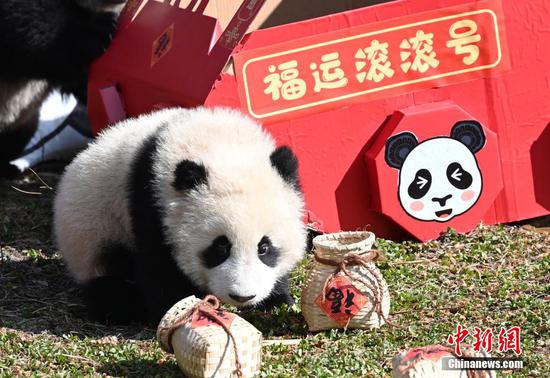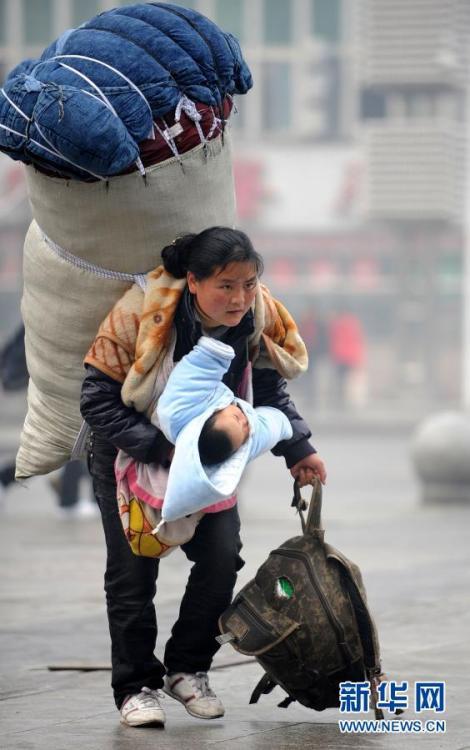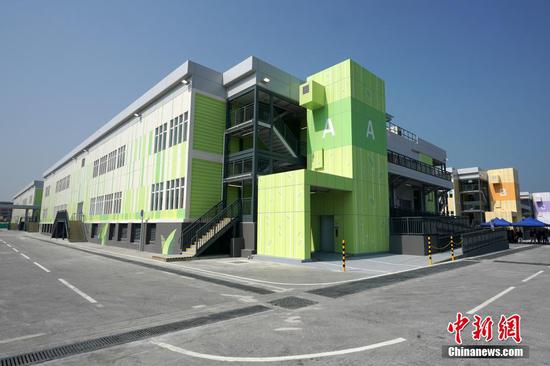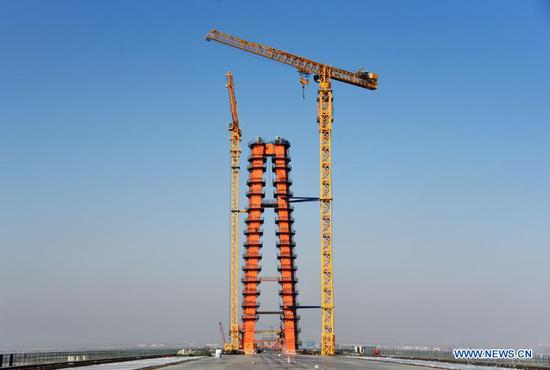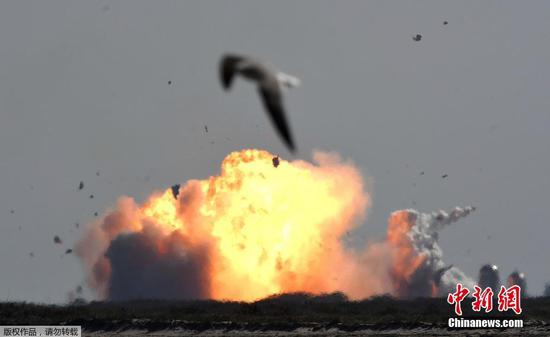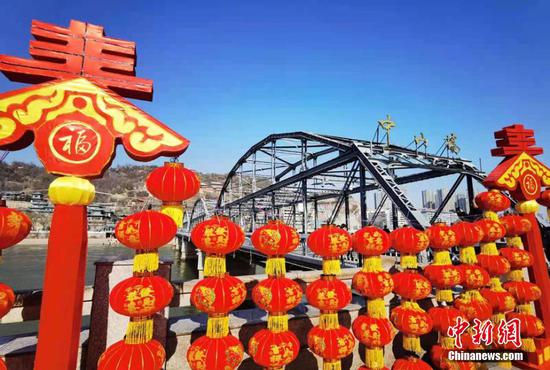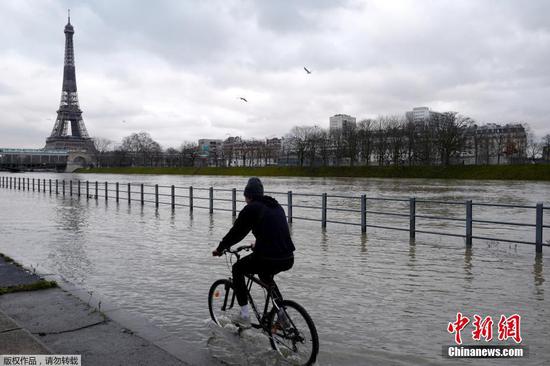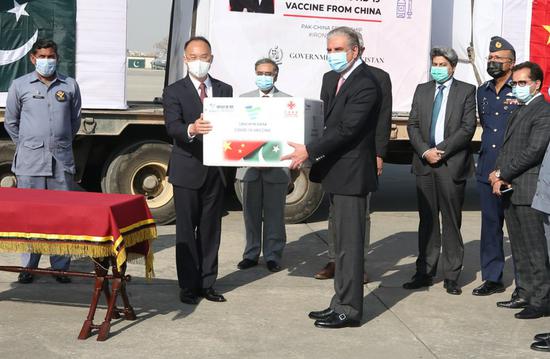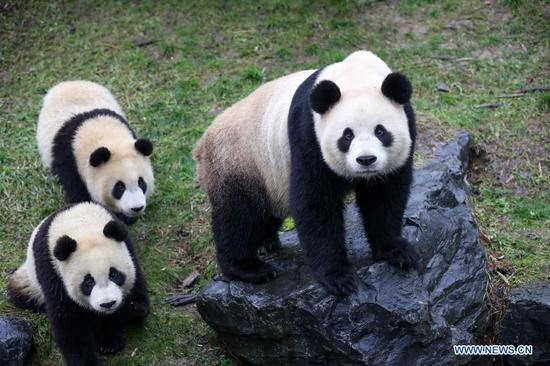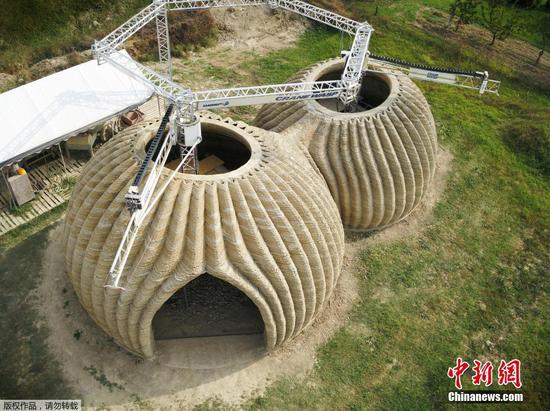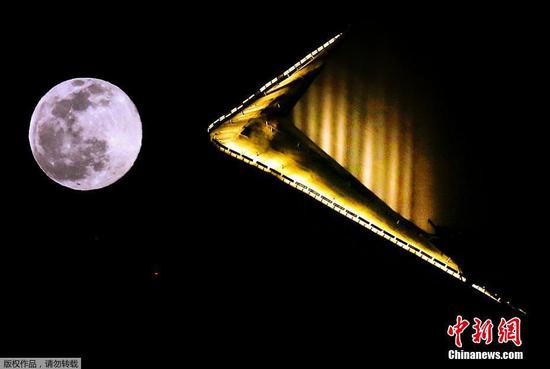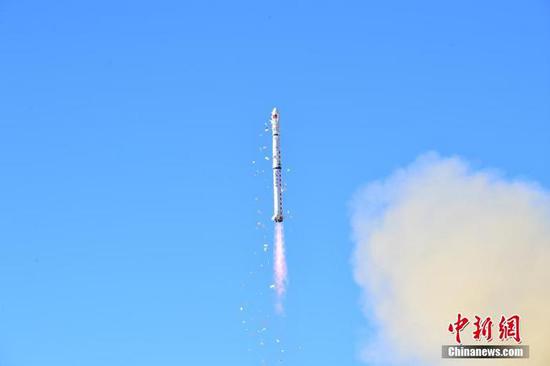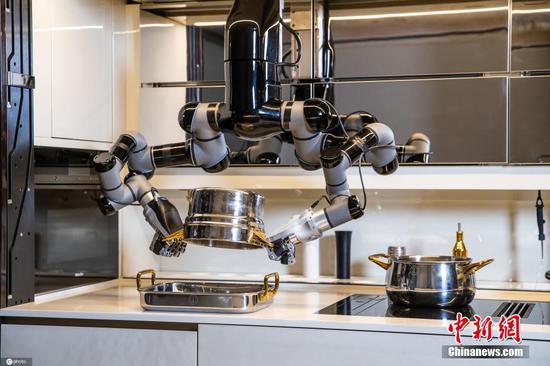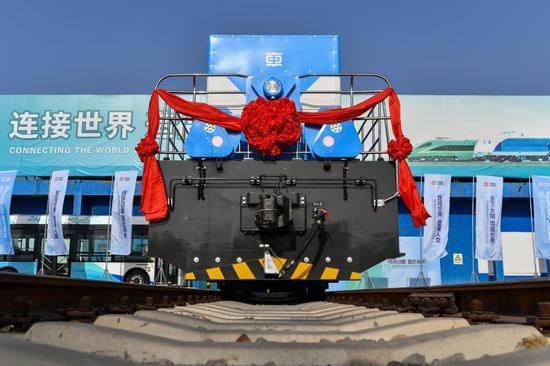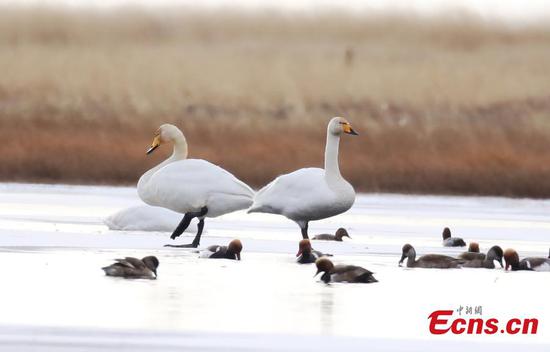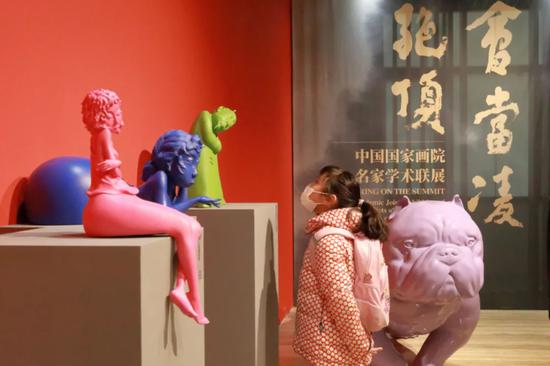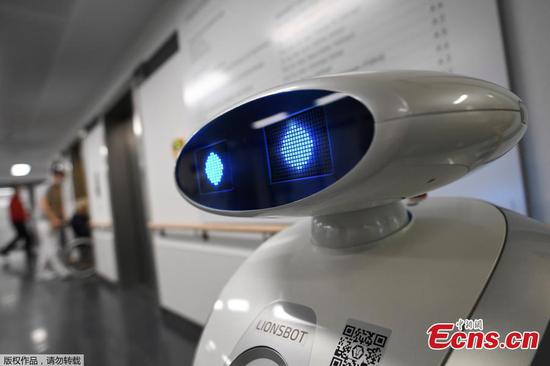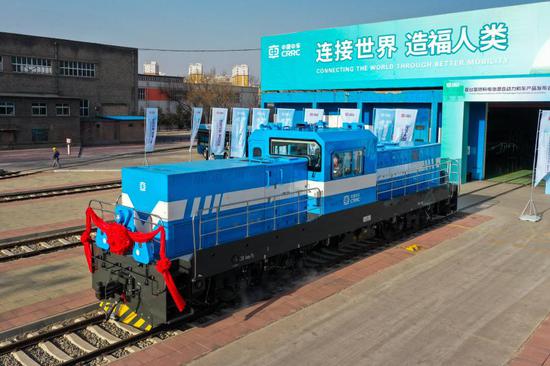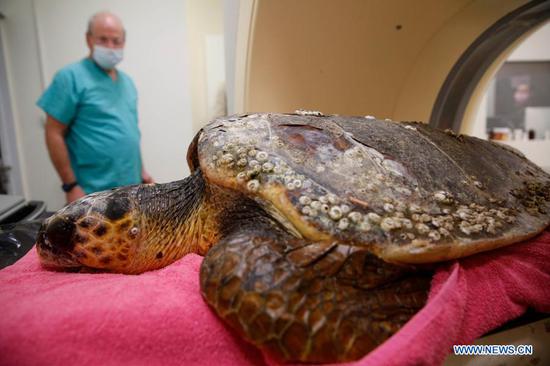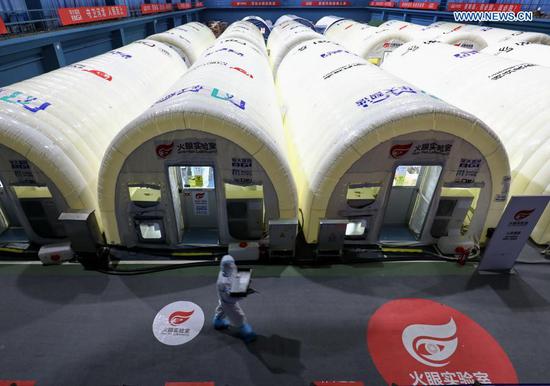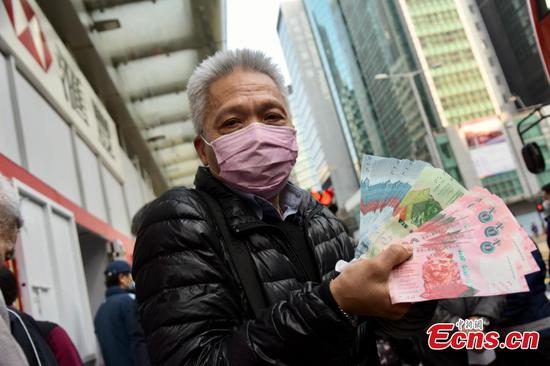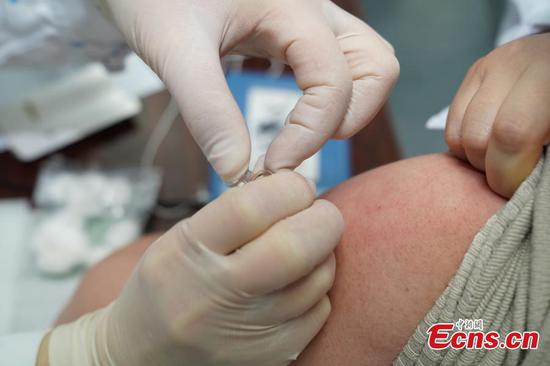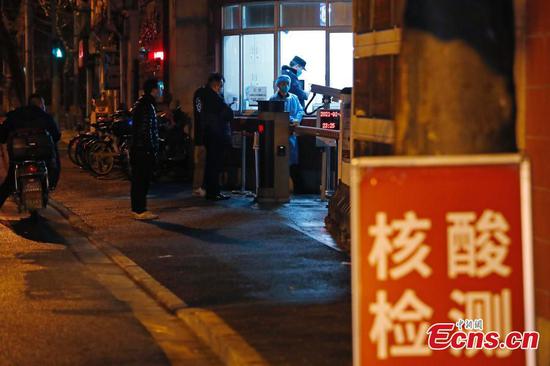U.S. President Joe Biden on Thursday said that the United States is ready to work with China when it is in its interests to do so, while Beijing's top envoy in Washington called for "practical cooperation" for the benefit of the two countries.
Underscoring both the competitive and cooperative aspects of the China-U.S. relationship appears to be what will differentiate the Biden administration's China policy from that of the Donald Trump presidency, at least at the outset.
"We will ... take on directly the challenges posed (to) our prosperity, security and democratic values by our most serious competitor, China," Biden said in a speech during a visit to the State Department. "But we're ready to work with Beijing, when it's in America's interest to do so," he said.
The president did not specify areas of cooperation.
He said in a foreign policy essay in Foreign Affairs magazine in April that the U.S. sought to cooperate with Beijing on issues "where our interests converge, such as climate change, nonproliferation, and global health security".
Days after Biden took office, his press secretary Jen Psaki said the new administration will approach the relationship with Beijing with "patience" and planned to review hard-line policies from the previous administration.
Biden's top diplomat Antony Blinken said on Jan 25 that it's not a secret that the relationship between the U.S. and China is "arguably the most important relationship that we have in the world going forward".
"There are adversarial aspects to the relationship, there's certainly competitive ones, and there's still some cooperative ones, too," Secretary of State Blinken told NBC News on Monday.
Blinken said last week that the cooperative ones are in areas "where it's in our mutual interest to try to work together, including, manifestly, on climate, where it's in the interest of China and the interest of the United States and the interest of countries around the world to make concrete progress in combating global warming".
Biden's "climate czar", former secretary of state John Kerry, said on Thursday that he expected to speak to his Chinese counterpart "shortly".
China has, over the past two weeks, stressed that ample areas of shared and interconnected interests exist between the two countries, and their cooperation, desired by the people of both nations, said "such a popular trend cannot be reversed".
Meanwhile, Beijing also outlined the issues concerning China's core interests, national dignity and sentiment of its 1.4 billion people, which constitute a "red line" not to be crossed.
Noting that Biden has laid out his governance priorities, Chinese Ambassador to the U.S. Cui Tiankai said the Chinese side looks forward to working with the new administration and American subnational governments to carry out practical cooperation in public health, economic growth, climate change and other areas, so as to benefit the people of both countries and the world.
"Now the relationship is at a critical juncture; we need to keep in mind the larger picture and long-term interests and look for the greatest possibility for cooperation in a constructive way," Cui said Thursday at a virtual event to mark the 40th anniversary of the sistership between China's Anhui province and the U.S. state of Maryland.
This year marks the 50th anniversary of ping-pong diplomacy, and the Cole Field House at the University of Maryland was one of its important stops back then.
"We need to reopen dialogue, resume cooperation and rebuild trust, so as to bring our relations back to the right track and contribute to world peace, stability and prosperity," Cui said.
The ambassador noted that over the past 50 years, China-U.S. relations, though experiencing ups and downs, have made significant progress, bringing huge benefits to the two peoples.
Since the pandemic, subnational governments, businesses and non-governmental organizations in both China and the U.S., including Anhui and Maryland, have rendered one another support and fought the pandemic "shoulder to shoulder", Cui said.
"COVID-19 will not be the last test from nature for mankind. Nor is it the only global challenge that we face," the envoy said. "As major countries, China and the United States should join hands to meet these common challenges and protect our shared home."
With domestic priorities the focus for Biden in his first 100 days in office, experts have cautioned not to expect any immediate, dramatic change in China-U.S. relations.
Getting the U.S. back to working on global issues and the two countries working together for the global good "is going to be a positive step forward, that hopefully over time will lead to other positive steps", David Dollar, senior fellow at John L. Thornton China Center of the Brookings Institution, told China Daily previously.












